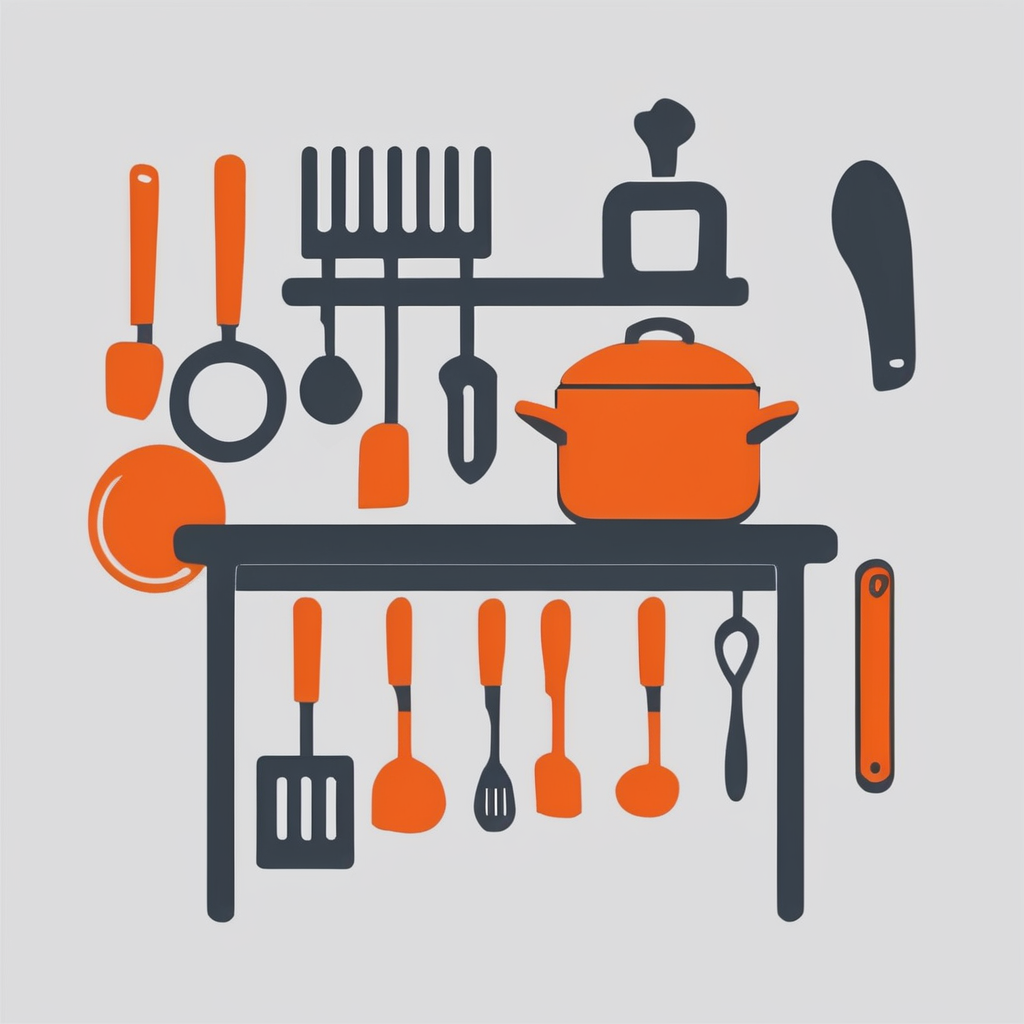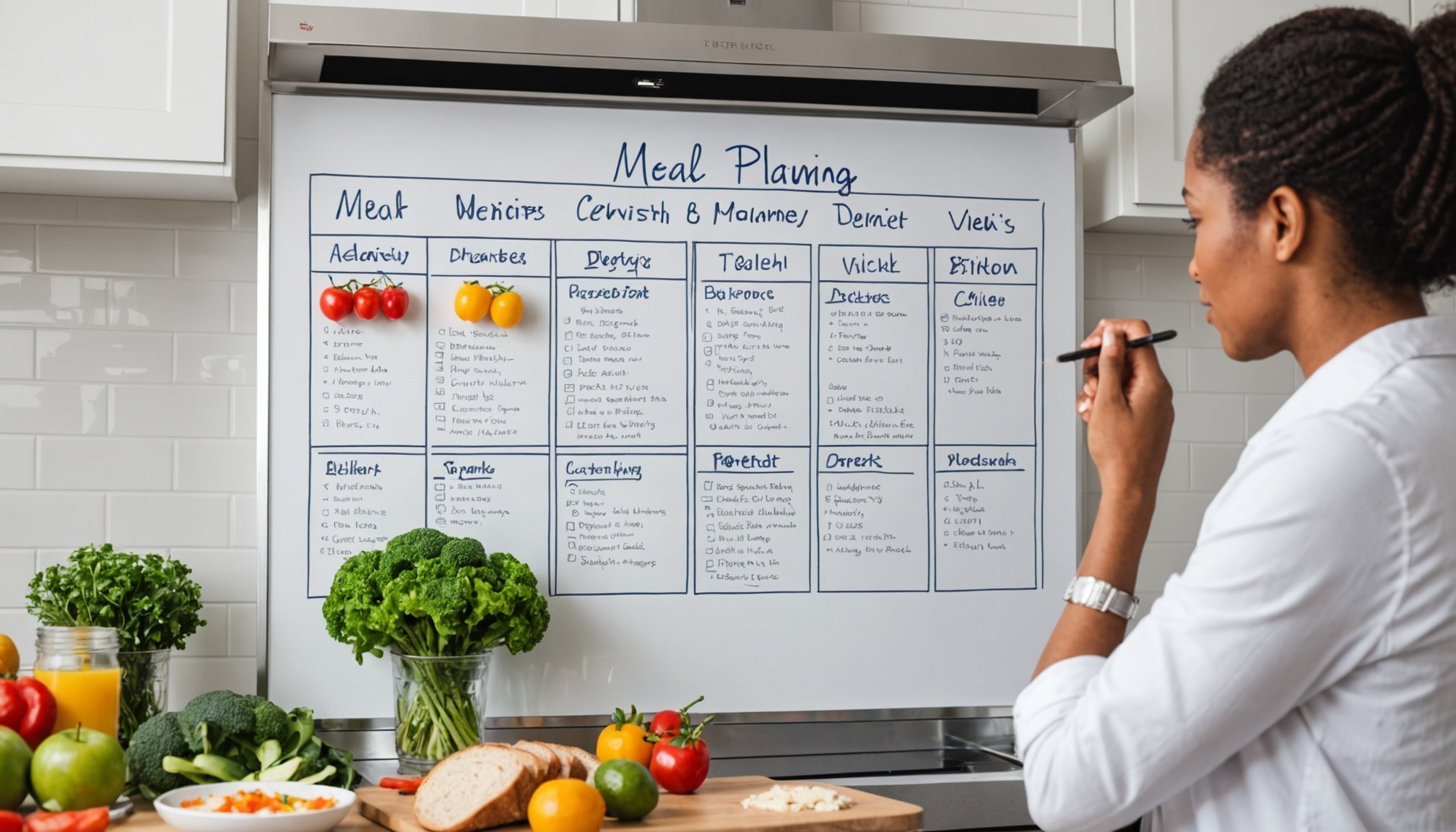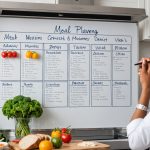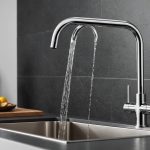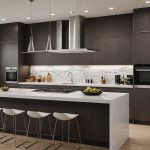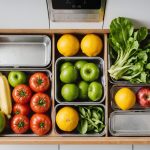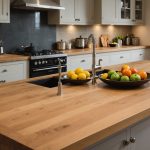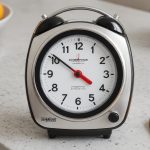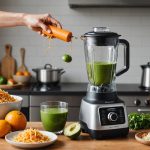Revitalize Your Weight Loss Journey: Discover the Advantages of Using a Meal Planning Whiteboard in Your Kitchen
Why Meal Planning is Crucial for Weight Loss
When it comes to weight loss, having a clear plan is essential. Meal planning is more than just deciding what to eat; it’s about creating a strategy that aligns with your health and fitness goals. A meal planning whiteboard can be a powerful tool in your weight loss journey, helping you stay organized, motivated, and on track.
The Benefits of Meal Planning
- Reduces Impulse Eating: By planning your meals, you avoid last-minute decisions that often lead to unhealthy choices.
- Saves Time: Knowing what you’re going to eat each day saves time in the long run, as you can prepare meals in advance and avoid the hassle of daily meal decisions.
- Promotes Healthy Eating: Meal planning allows you to ensure that your diet is balanced and nutritious, which is critical for weight loss.
- Enhances Budgeting: Planning meals helps you make a grocery list, reducing food waste and saving money.
How a Meal Planning Whiteboard Can Help
A meal planning whiteboard is a simple yet effective tool that can make a significant difference in your weight loss journey. Here’s how it can help:
Have you seen this : Revitalize your kitchen with uplifting quotes: a fresh strategy for encouraging healthier eating choices
Visual Organization
A whiteboard provides a visual space where you can write down your meal plans for the week. This visual organization helps you see your entire week at a glance, making it easier to plan and adjust as needed.
Example of a Weekly Meal Plan on a Whiteboard:
- Monday:
- Breakfast: Oatmeal with fruits
- Lunch: Grilled chicken salad
- Dinner: Baked salmon with vegetables
- Tuesday:
- Breakfast: Greek yogurt with berries
- Lunch: Whole grain sandwich with avocado
- Dinner: Quinoa and vegetable stir-fry
- Wednesday:
- Breakfast: Smoothie bowl
- Lunch: Lentil soup
- Dinner: Grilled turkey with roasted potatoes
Collaborative Planning
If you live with others, a meal planning whiteboard can be a great way to involve everyone in the planning process. You can ask family members or roommates to contribute their meal ideas or preferences, making mealtime more enjoyable and inclusive.
In parallel : How the positioning of your kitchen window influences your dining experience and habits
Easy to Update
Unlike printed meal plans, a whiteboard is easy to update. If you need to change your meal plan due to unexpected events or changes in preferences, you can simply erase and rewrite the new plan.
Practical Tips for Using a Meal Planning Whiteboard
Here are some practical tips to make the most out of your meal planning whiteboard:
Set Clear Goals
Before you start planning, define your weight loss goals. This will help you tailor your meal plans to meet your specific needs.
- **Short-term Goals**: Lose 5 pounds in the next month
- **Long-term Goals**: Achieve a balanced diet and maintain weight loss over the year
Plan Around Your Schedule
Consider your daily schedule when planning meals. If you have a busy day, plan meals that are quick to prepare or can be cooked in advance.
Incorporate Variety
Make sure to include a variety of foods in your meal plan to ensure you’re getting all the necessary nutrients. Here’s an example of how you can categorize your meals:
- **Protein Sources**: Chicken, fish, beans, lentils
- **Vegetables**: Leafy greens, broccoli, bell peppers, carrots
- **Fruits**: Apples, bananas, berries, citrus fruits
- **Whole Grains**: Brown rice, quinoa, whole wheat bread, oats
Use Online Resources
There are many online resources and meal planning apps that can help you generate meal ideas and grocery lists. For example, you can use services like Google Keep or Any.Do to note down recipes and shopping lists[1].
Comparing Meal Planning Tools: Whiteboard vs. Digital Apps
While digital meal planning apps are convenient, a whiteboard offers some unique advantages. Here’s a comparison:
| Feature | Meal Planning Whiteboard | Digital Meal Planning Apps |
|---|---|---|
| Visual Organization | Provides a clear visual layout of your meal plan | Often cluttered with too many features and ads |
| Ease of Use | Simple and intuitive; no need for technical skills | May require some time to learn and navigate |
| Collaboration | Easy for family members or roommates to contribute | Can be shared, but may require multiple accounts |
| Cost | One-time purchase; no subscription fees | Often requires a subscription or in-app purchases |
| Accessibility | Always available in your kitchen; no need for a device | Requires a smartphone or tablet |
| Customization | Can be customized with markers, stickers, and other visual aids | Limited customization options |
Real-Life Examples and Testimonials
Many people have found success in using a meal planning whiteboard for their weight loss journeys. Here are a few testimonials:
- “Using a meal planning whiteboard has been a game-changer for me. It helps me stay organized and ensures that I’m eating healthy meals every day. I’ve lost 10 pounds in the past three months, and I couldn’t be happier!” – Sarah, 32-year-old business owner
- “I was skeptical at first, but the whiteboard really helps me involve my family in meal planning. My kids love suggesting meals and helping with the grocery list. It’s become a fun family activity!” – John, 40-year-old father of two
Enhancing Your Weight Loss Journey with Additional Tools
While a meal planning whiteboard is a powerful tool, it can be even more effective when combined with other weight loss strategies.
Fitness Planning
Incorporate a fitness plan alongside your meal plan. Use tools like Microsoft Whiteboard or Google Workspace to create workout schedules and track your progress[1][2].
Community Support
Join a weight loss community or find a workout buddy to provide support and motivation. Social media platforms can also be a great resource for community support and sharing your progress.
Mental Health
Don’t forget the importance of mental health in your weight loss journey. Tools like Google Keep or OneNote can help you track your mental health and note down stress-reducing activities[1].
A meal planning whiteboard is a simple, yet effective tool that can significantly enhance your weight loss journey. By providing a visual and collaborative space for planning, it helps you stay organized, motivated, and on track. Whether you’re a busy professional or a parent trying to manage your family’s meals, a meal planning whiteboard can be a valuable addition to your weight loss strategy.
So, take the first step today. Grab a whiteboard, some markers, and start planning your meals. You’ll be on your way to a healthier, happier you in no time. Remember, losing weight is not just about the number on the scale; it’s about adopting a healthier lifestyle that you can maintain for the rest of your life.
